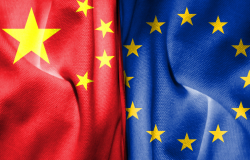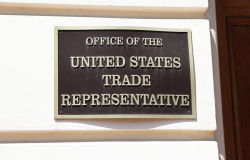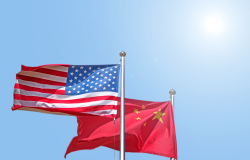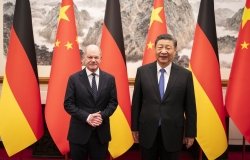Dr. Monde Muyangwa Provides an Assessment of Africa's Security and Economic Priorities at St. Edward's University
On Tuesday, February 26, 2019, Dr. Muyangwa, Africa Program Director, held a presentation at St. Edward's University on “Security and Economic Priorities for Africa: Assessments and Recommendations for Developing United States-Africa Policy.”
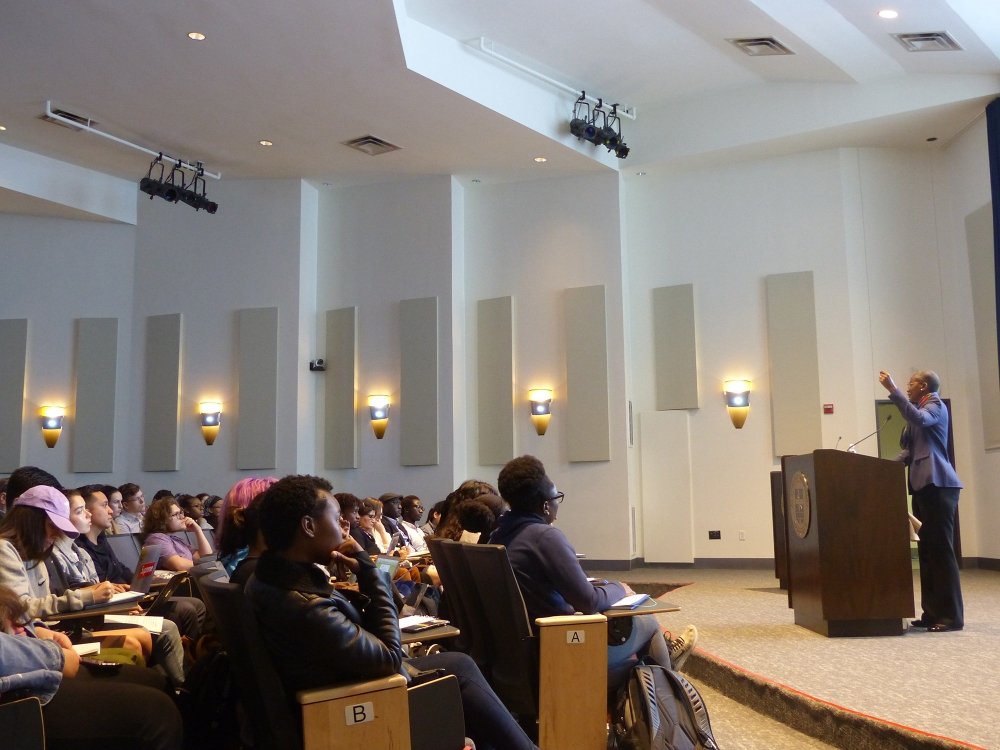
Dr. Monde Muyangwa, Director of the Africa Program at the Wilson Center, delivered a broad-ranging lecture on Tuesday, February 26, 2019, on the security and economic challenges and opportunities across Africa. Her comprehensive and substantive lecture offered a brief historical overview of the formation of African nation states, and then concluded with her assessments of options for developing a comprehensive U.S. foreign policy for Africa.
Dr. Muyangwa began her presentation by identifying the context within which many African nation-states became independent—bearing the wounds of European colonialism. She then outlined the monumental challenges confronting nation-states in building institutions, given that many countries in Africa only gained their independence in the 1960s. Within that context, political and economic development was, and continues to be, a challenge for the continent.
The independence of many African nations in the 1960s coincided with the Cold War raging between the United States and the Soviet Union (USSR). Dr. Muyangwa explained that although African states had little to no stake in the Cold War, the USSR and the United States were engaged on the continent through proxy wars and clientelism. The effects of Cold War geopolitics on nascent African states and institutions slowed their development, and later amplified intra-state conflict and humanitarian crises once the Cold War had concluded—phenomena that defined the continent from the 1960s to the 1990s.
In the 2000s, conflict and human insecurity in Africa evolved to include terrorism, forced displacement, and environmental challenges (e.g., extreme weather and drought). Despite the continent’s evolving challenges, economic development gained momentum. Several states have shown significant GDP growth and economic indicators suggest that some African markets are becoming more dynamic. U.S. engagement with Africa also expanded in the 2000s to address food and health insecurities. Dr. Muyangwa highlighted the impact of two U.S. initiatives that have had tremendous success: the Africa Growth and Opportunity Act and the President’s Emergency Plan for AIDS Relief.
Today, Africa plays a greater role on the global stage. African states are among the largest contributors to United Nations peacekeeping missions. Many new global actors are also investing in and working with African countries to increase international trade in the commercial goods and natural resources sectors. At the same time, Dr. Muyangwa noted that Africans want to avoid a "Cold War II," with different actors, playing out in their nations. For example, some Africans view the current U.S.-Africa strategy as a plan for countering China, which does not recognize that African nations have many options in their choice of global partners, including Turkey, Brazil, and India, among others.
Dr. Muyangwa concluded her presentation by addressing the challenges the United States-Africa relationship still faces, but offered her optimism in the progress made over the last 50 years. She recounted her visits to many African countries where she met with enthusiastic and entrepreneurial young Africans making a change in their societies. Dr. Muyangwa challenged the St. Edward's University audience to think more about what they can do with Africa, not for Africa, and to look beyond Africa's problems to recognize the continent’s transformation and tremendous potential.
Contributor
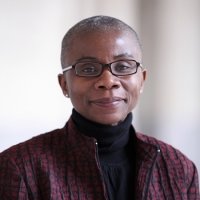

Africa Program
The Africa Program works to address the most critical issues facing Africa and US-Africa relations, build mutually beneficial US-Africa relations, and enhance knowledge and understanding about Africa in the United States. The Program achieves its mission through in-depth research and analyses, public discussion, working groups, and briefings that bring together policymakers, practitioners, and subject matter experts to analyze and offer practical options for tackling key challenges in Africa and in US-Africa relations. Read more



